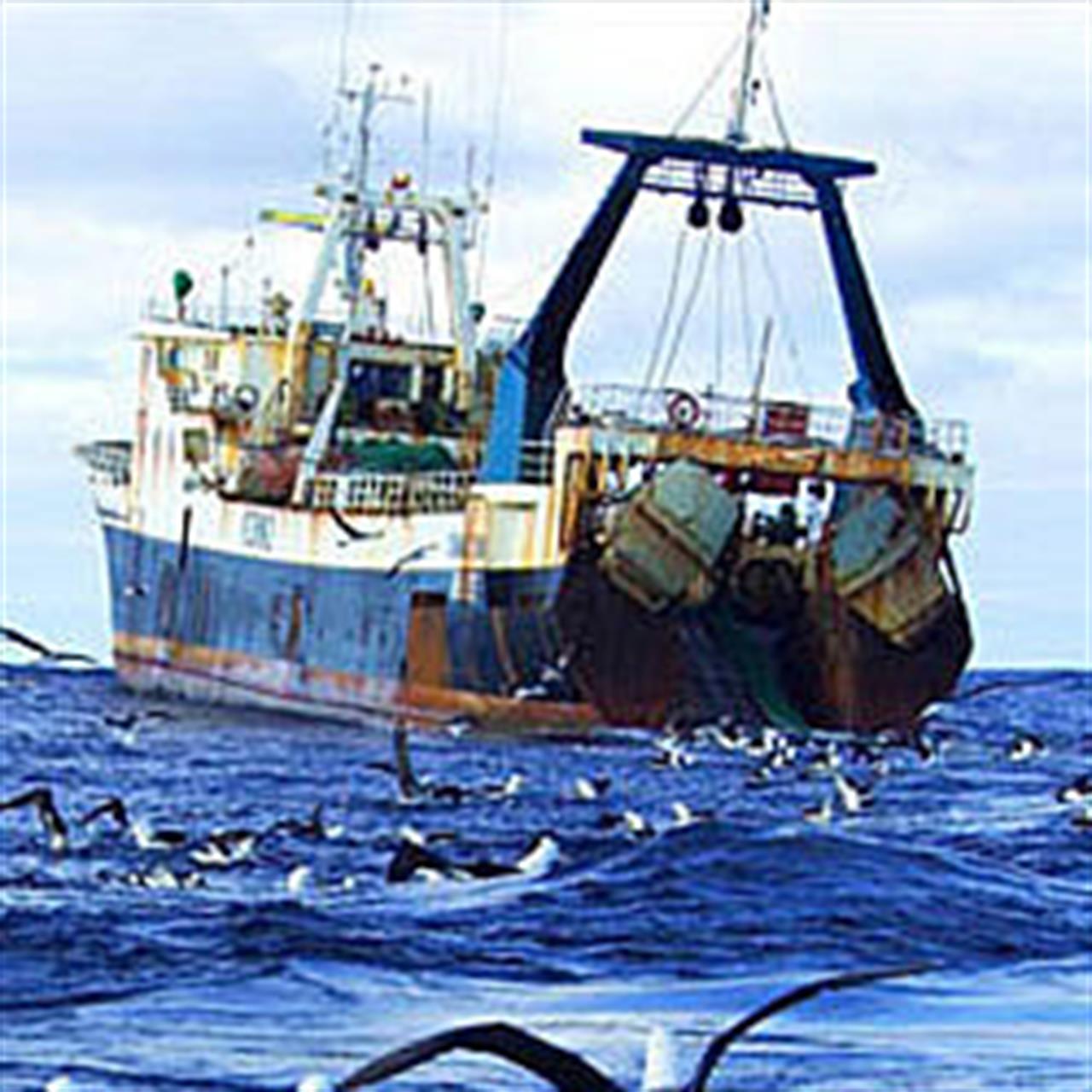Sostenibilità
Environmental NGOs respond to EU Fisheries council
Greenpeace, WWF and Seas At Risk respond to the outcomes of the Fisheries Council
di Redazione

Greenpeace, WWF and Seas At Risk welcome the June 24 decision by Member States to apply the IUU Regulation (Illegal, Unreported and Unregualted Regulation) to EU and non-EU fisheries. The environmental organisations have reported numerous cases of EU IUU fishing to relevant authorities, highlighting the need to tackle this 1 billion euro a year industry. IUU fishing further aggravates the environmental impacts of overfishing, inside and outside EU waters.
“This industry is netting billions of dollars in black-market revenue, destroying ecosystems and competing with the much needed income of coastal communities,” says Saskia Richartz of Greenpeace. “Today’s decision will help limit destructive fisheries and benefit all those that are sticking to the rules. “
Fuel costs and increase in subsidies
Greenpeace, WWF and Seas At Risk oppose the proposed increases in state aid and other subsidies to offset high fuel costs. Such an increase will lead to a rise in fishing capacity and effort, and distorts competition resulting in further depletion of fish stocks. Invariably, these perverse subsidies will favour the most fuel inefficient section of the fleet at the expense of the more fuel-efficient vessels and fishing operations.
“The EU’s oversized fleet is pushed to go farther and farther to reach dwindling resources. The European Union will not solve the structural problems of the sector by using public money to satisfy their thirst of fuel. To address the long term problems, it is absolutely necessary to support scrapping of vessels and small scale and sustainable fishing practices,” says Aaron McLoughlin, Head of European Marine team at WWF.
The protection of deep-sea ecosystems
Greenpeace, WWF and Seas At Risk welcome the decision to conduct impact assessments prior to licensing certain deep-sea bottom fisheries, but are disappointed that Member States did not agree to freeze the footprint of these damaging fisheries through a depth limit for the deployment of bottom gears.
“A depth limit would have been an extra safeguard for vulnerable marine ecosystems. Now it is crucial that the impact assessments are sound and control effective. While the requirement for prior impact assessments is common procedure in all other industry, it is a novelty in fisheries. Today’s decision is a significant step and we want to see it applied to all fisheries,” says Dr. Monica Verbeek, Executive Director of Seas At Risk.
Nessuno ti regala niente, noi sì
Hai letto questo articolo liberamente, senza essere bloccato dopo le prime righe. Ti è piaciuto? L’hai trovato interessante e utile? Gli articoli online di VITA sono in larga parte accessibili gratuitamente. Ci teniamo sia così per sempre, perché l’informazione è un diritto di tutti. E possiamo farlo grazie al supporto di chi si abbona.
